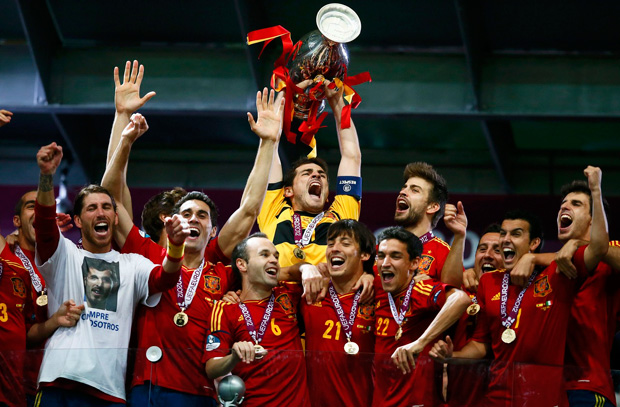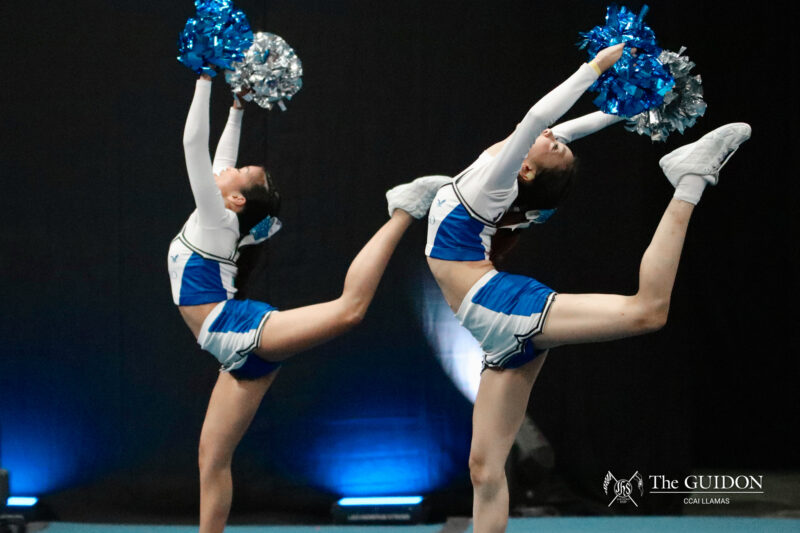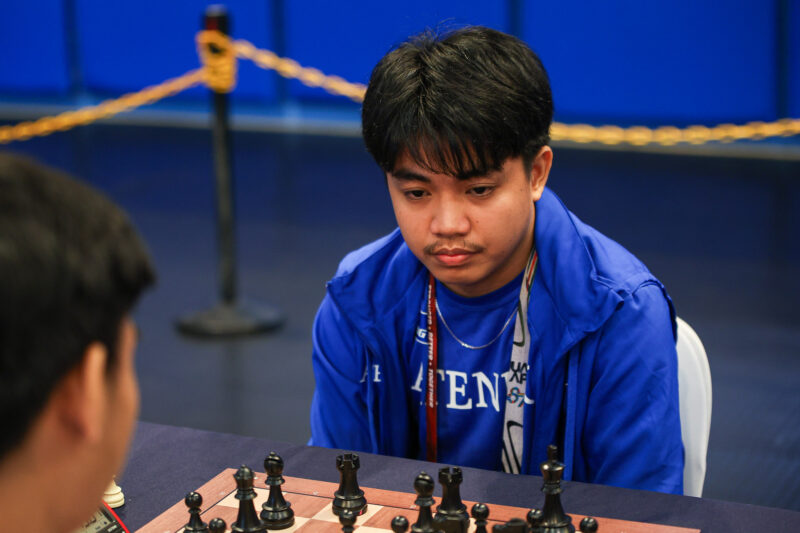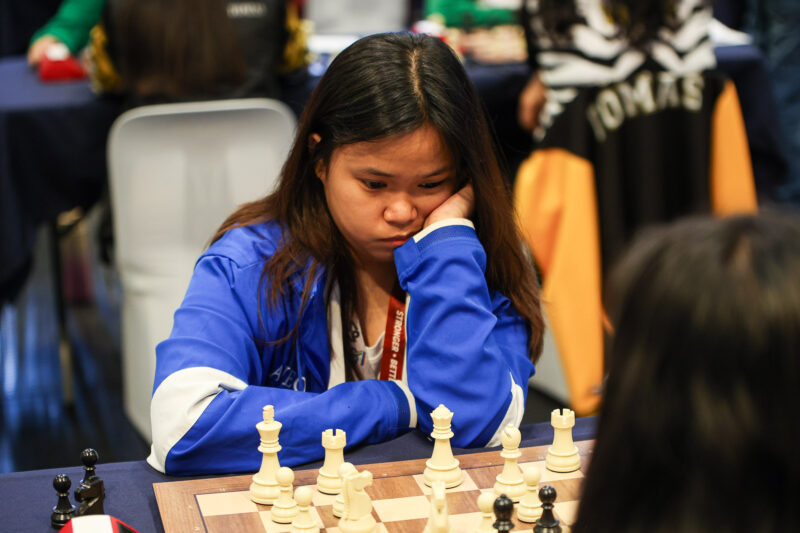
CHEERING AMID CRISIS. Spain successfully defended its title and emerged victor of Euro 2012. Photo from datadiary.wordpress.com
THE SUMMER months of 2012 were always going to be a sports fest. The conclusion of the Euro 2012 football tournament, along with the recent commencement of the London Olympics, attests to this.
Euro 2012’s spectators and fans were treated and given everything a football fanatic can ask for: beautiful goals, pinpoint passes and surprising upsets. However, the recent tournament also had several alarming moments. Stories of alleged racism and tales of riots and mobs inundated the competition, often almost overshadowing what was going on in the field.
The beautiful game
As meddlesome as the events happening off the pitch were, the football this tournament had provided was superb. Beautiful goals were dime a dozen, while signature upsets and games were played out to a disbelieving yet entertained audience.
Rick Olivares, a Communications Department faculty member and the media officer of the Philippine national team, agrees. “I think this tournament has been very exciting, [providing] a lot of drama.”
Traditional superpowers such as Germany and Russia were shocked by Italy and Greece, respectively, which had led to a wider, more unpredictable knockout phase.
In addition, the competition was the customary breaking-out party of several youths. Wonderkids such as Marco Reus, Alan Dzagoev, and Lukasz Piszczek flashed potential and showcased their talents.
In the end, however, the victor was a usual suspect, winning with a dominating 4-nil. Spain, again, reigned supreme—proving itself to be one of the greatest dynasties that international football has ever known.
A beacon of hope
Even as the games played turned out to be entertaining, they had a way of integrating themselves with pressing issues. Against the backdrop of the current European financial crisis, the recently concluded Euro 2012 football competition provided a convenient distraction.
Kim Decena, the president of the Ateneo Student Exchange Council and a football enthusiast, concurs with this, saying, “It’s almost like their avenue of hope. I think that the tournament was able to become something they all looked forward to.”
Countries such as Italy and Greece hoped that success on the field would help provide a salve to their populace’s financial setbacks. Italy itself is facing a match fixing scandal. They used their woes as fuel, thrusting Team Italia all the way to the final.
Much ado about nothing
Several events seemed like an attempt to overshadow the stunning showcase. Regarded as potential trouble spots, the hosts Ukraine and Poland were featured in the documentary Stadiums of Hate by BBC, a video showing some East European countries’ propensity for racism and violence, just weeks before the tournament started. Famous black footballers, such as retired Sol Campbell, even warned BBC’s Panorama program that fans might be “coming back in a coffin.”
This video certainly appeared prophetic, especially as racist chants against black players such as Theo Gebre Selassie and Mario Balotelli were heard. Several nations such as Russia and Spain were eventually fined by the Union of European Football Associations (UEFA) for racist gestures.
In addition to this, former historical rivalries were aggravated. European competitions always had a bit of history tied into it, and one can clearly see that what transpired off the pitch was often just as important as what actually happened.
Tournament organizers must have cringed when Russia and Poland were put into the same group, especially as the two nations had a bad history. Their football match culminated in fighting between the two countries’ supporters.
However, Olivares believes in the healing power of football. “Have [the events] overshadowed the game? No, no, no. Football is a unifying force,” he counters. In addition to this, he pointed out the Christmas game played between British and German forces in the First World War.
Football does seem to be a unifying force, especially as teams, supporters, and the media have all come out in criticism of anyone caught with racism. This effort to eradicate the foul behavior of a number of fans proves that football, indeed, is an avenue for peace and reconciliation among nations.
With bated breath
With Euro 2012’s fantastic finish, each and every football fan must be itching for the upcoming 2014 World Cup. 2012 proved to be a banner year for football which has not only been witnessed on the field. Football has now become a symbol of better European relations and a clarion call for international cooperation.
Football has become a positive force and hopefully remains just that—something more than a game.



